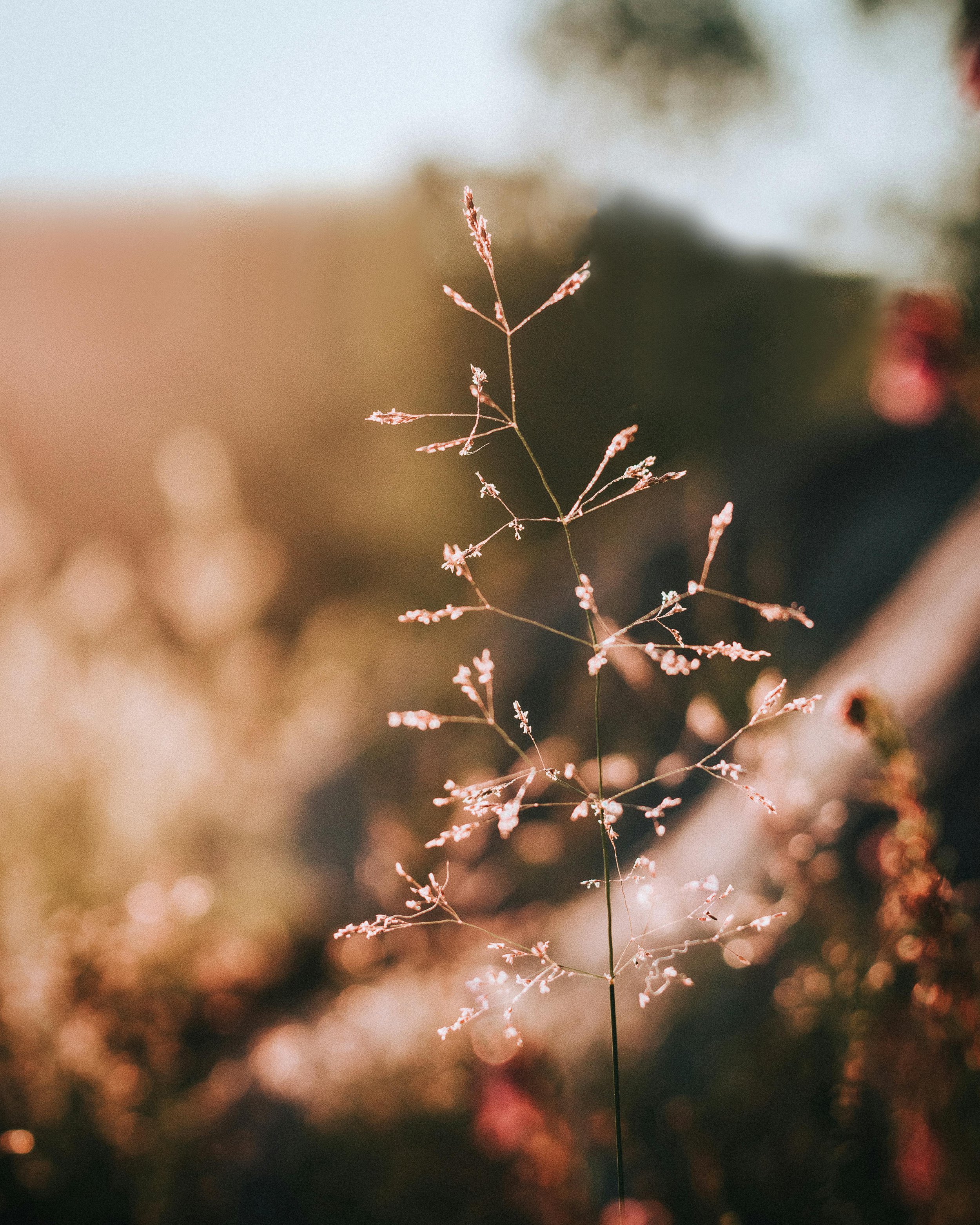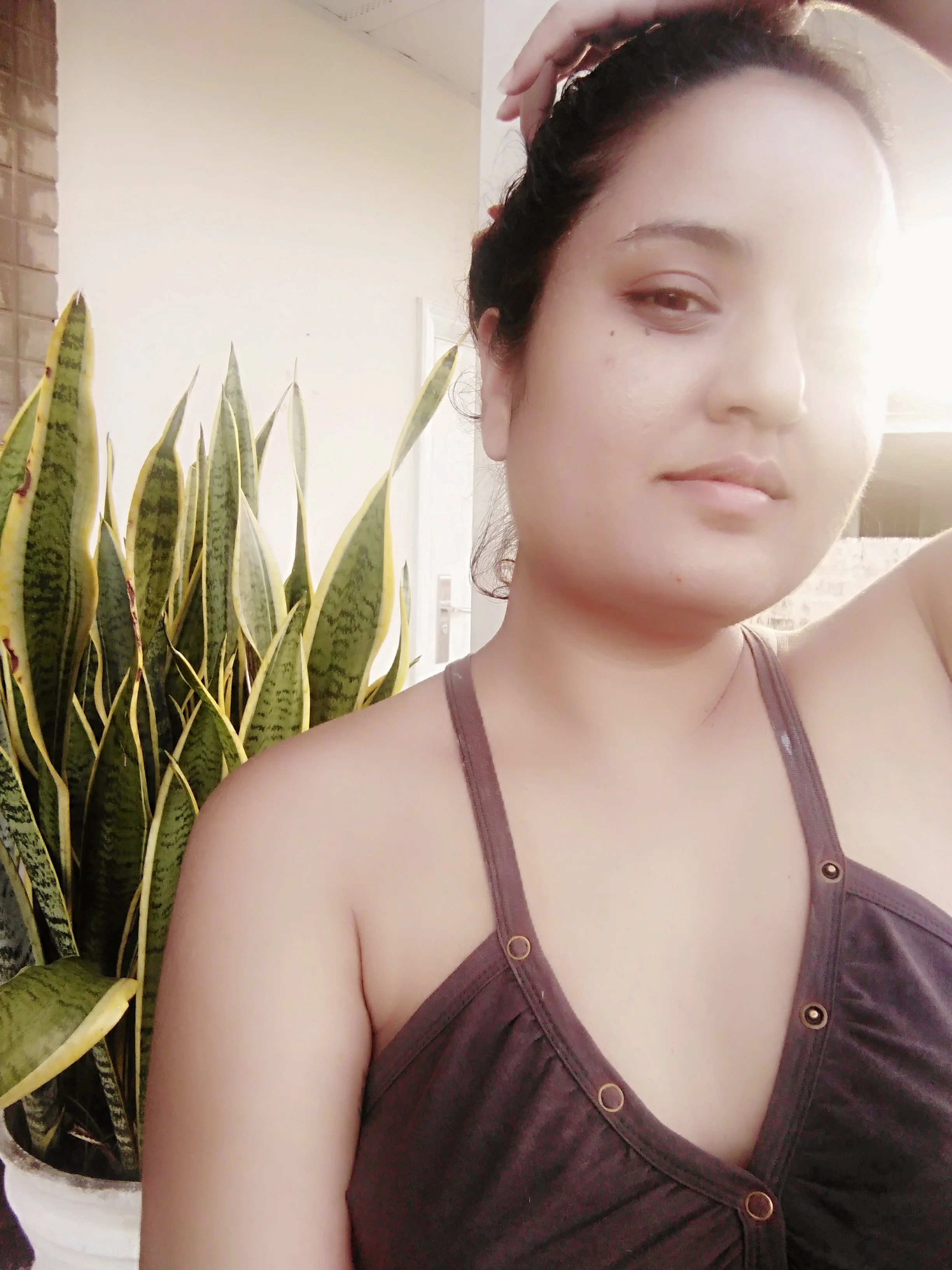Compassionately supporting someone who self-harms
A webinar and workshop on supporting people who self-harm in ways that honour their right to self-determination and the many needs that self-harm can meet.

Details
Cost: $29 - $49. Sliding scales help to accommodate people with different financial capabilities. If you’re able to afford a higher tier, it helps me to accommodate folks who can’t.
Date: Saturday November 2nd
Time: 3 - 5pm ET
Location: Google Meet
Access info: This event will be automatically captioned. A video recording with captions will be sent to all who sign up.
What will be covered:
Ways of supporting people who self-harm that do not judge, shame, belittle or punish them for self-harming
How common approaches to supporting people who self-injure tend to be so harmful, both within the mental health system and outside of it
How we're encouraged to view people who self-harm as broken and less-than and how damaging this to people to self-harm (and, often, to our relationship with them)
Why a harm reductionist approach to self-harm is so important, and how we can apply the principles of Harm Reduction to self-harm
Ways of supporting people who self-injure that honour their right to bodily autonomy, instead of removing their autonomy through ultimatums, behaviour contracts, and forced "treatment", like forced hospitalisation, all of which tend to lead to (further) trauma
How reframing self-harm as a brilliant survival strategy can actually help with reducing the risks around self-harm
Beyond just practical advice, this space offers participants the opportunity to radically shift the way that you think about self-harm, from a pathology, a symptom of mental illness, and a sign that someone is broken and needs to be "fixed"

About me and this offering
I’m the founder of #NotOkay, an organisation and movement in Trinidad and Tobago, a nation in the Global South, that has spent the past several years uplifting people’s lived experiences of being shamed, stigmatised and punished for their mental health struggles.
I strongly believe in Harm Reduction as a philosophy, because of my lived experiences of self-harm and living in the Global South, where self-harm was one of the few options that the people around me had to survive.
I’m a peer supporter who has spent most of my life supporting people who cope in ways that can cause harm to themselves, from self-injury to substance use, and it’s taught me so much about how harmful our dominant approaches to people who self-harm are.
My work is rooted in harm reduction and in love for people of the Global South and all who are punished for the ways that they survive.


